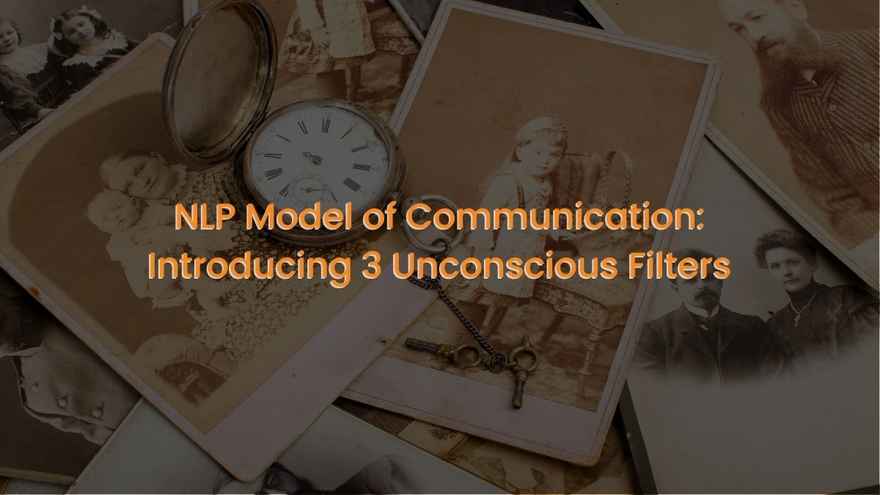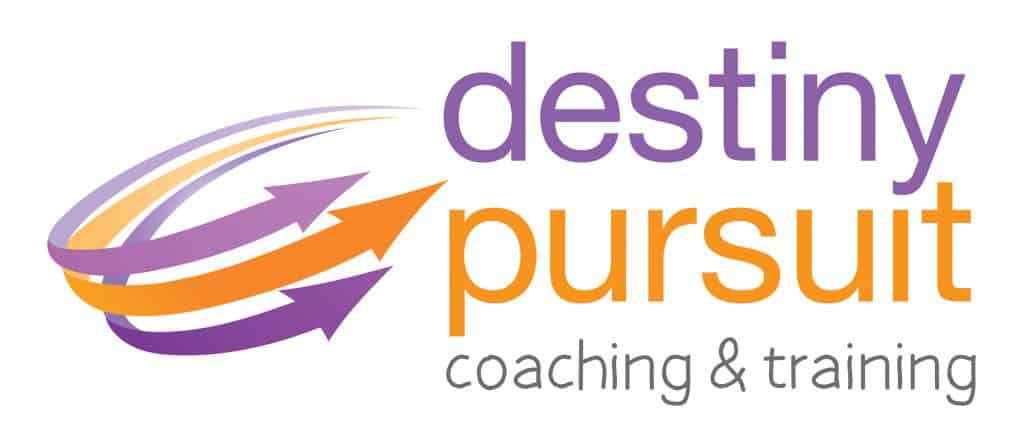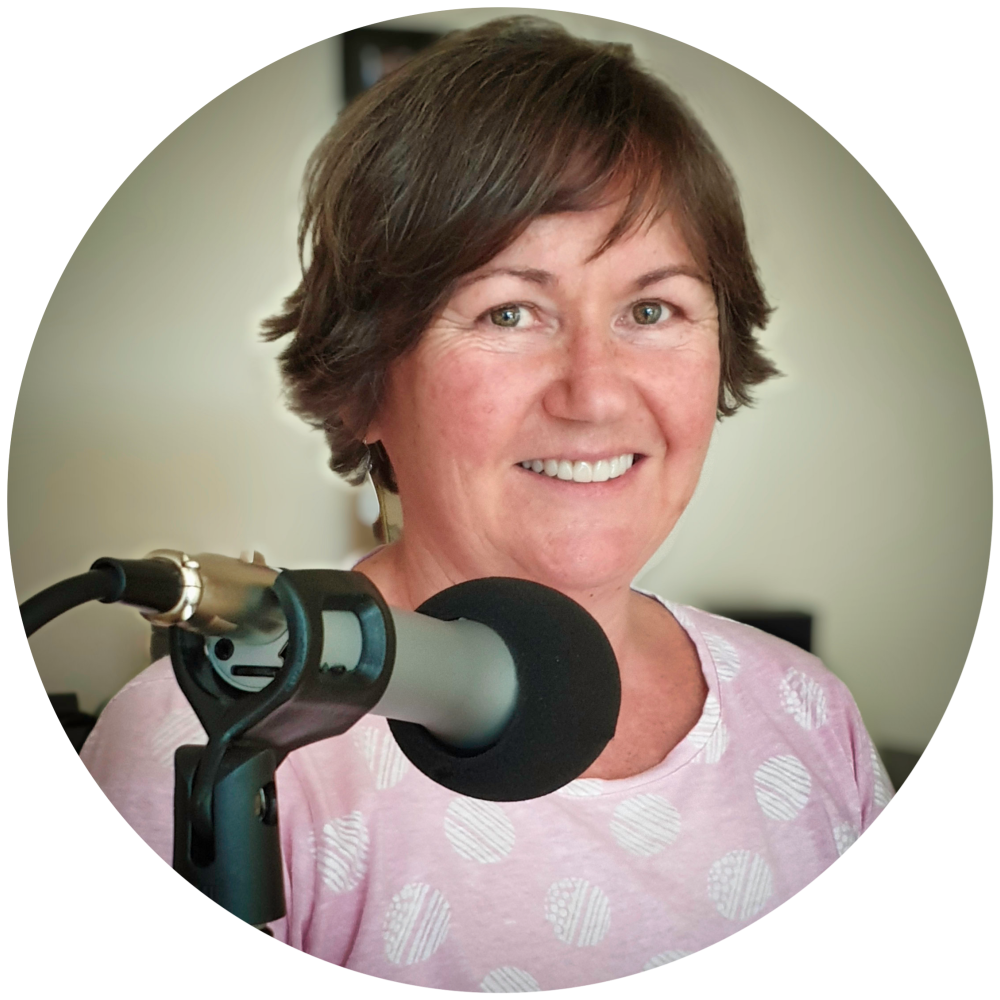Introducing 3 Unconscious Filters - NLP Matters, Episode #041

As we continue our exploration of the workings of the human mind, we can see why learning the NLP Model of Communication can assist us to apply our knowledge to create change, growth, and new behaviours.
In this episode, we’ll begin to look at the unconscious filters which sift through the incoming sensory data we experience as we continually construct our reality and our relationships with others.
In the NLP Model of Communication there are seven unconscious filters that are key to how we as humans select the information/data we focus on in our external environment - time/space/matter/energy (that’s all one filter), language, memories, decisions, metaprograms, values and beliefs, and attitudes.
In this episode, we will explore how the first 3 filters - Time/ Space / Matter /Energy, language, and our memories impact our perception and the construction of our map of reality.
Listen to the podcast to find out more.
Listen to the Podcast
Here are some key takeaways from this episode:
- Our internal unconscious filters are filters that determine WHAT information we select and HOW we use it.
- Because we use our unconscious filters all the time, we have patterns of perception - certain things get more prominence over others - and these relatively stable patterns of perception then reinforce our own map of the world. In other words, we all tend to notice things that continue to make us right about what we already know, think, value, and believe.
- The Seven Unconscious Filters in the NLP Model of Communication are:
- Time / space / matter / energy
- Language
- Memories
- Decisions
- Metaprograms
- Values and beliefs
- Attitudes
- Time / space / matter / energy are linked because they are the fundamental components of how we perceive, interpret, relate to, and make meaning of the external physical reality of our environment. The when, where, what, and how of experiences and our perception of these aspects of our external world have a profound impact on our map of reality.
- Time is a constant, it doesn’t change from person to person, nor does space or matter. Similarly with space, we can measure distance, volume and other characteristics of space as well, and matter is perhaps the most constant of all!
- Our subjective reality is vastly different from the objective facts we know and accept to be true.
- Different perceptions of time exist both individually and culturally. This shift in perspective has a profound impact on what bits of information we notice - what is important, and what is not in our environment.
- Our perception of space has a similar impact on how we filter information. The meaning we give it varies greatly depending on the context and our perspective of how much space is enough.
- Matter pertains to objects or things which are perceived to remain the same over time and space. It is generally perceived as solid, reliable, predictable, and stable. In contrast, we see energy as moving, fluctuating, flowing, transient.
- How we perceive matter and energy is critical to what information we filter in and out from our environment. We know energy can and does change so in that sense it is less predictable and reliable than matter.
- When we see our emotions as matter rather than transient states, we fail to acknowledge that in order for these states to happen we must activate a whole series of biological, physiological, and psychological changes.
- Emotions are physical and mental processes that pass through us - feeling depressed, sad, or happy is something that happens. They’re not things - such as happiness, anxiety, hunger, relaxation, fear, depression, and so on.
- Once we turn something we do into something we have, we change it from something that fluctuates and changes into something that is constant and relatively permanent. This shift alone has a profound impact on our perception of the reality of feeling different emotional states. They now become solid and unchanging.
- We code the concepts we use to filter our experiences through language.
- Nominalising pertains to transforming processes (verbs) into objects (nouns) using language.
- The language we use to describe our experiences, reveals what we will focus on, what we will delete, distort, and generalise.
- Language is important because it enables communication. Different styles of speaking - fast, slow, the variation or lack of tonality, the vocabulary used, volume, tone, and rhythm of speech, all impact what we delete, distort, and generalise, in conversations.
- The language filter is not just about spoken or written language. It encompasses a much broader definition of language including signs, symbols, art, music, mathematics, and physiology. Anything that conveys meaning can be categorised as language.
- Our conscious mind alerts us when we sense something that is linked to a memory. Memories can be inaccurate because all that we remember is our own internal representation of the experience or the event.
- Memories are subjective. Yet, despite this, there is no doubt that memories play a critical part in determining what information is filtered in and what is not. The memories of our past subjective experiences constantly shape, highlight, and influence which 130 bits of information we process – delete, distort or generalise in the present.
We have covered a lot of content today as we began exploring the 7 unconscious filters that are very active in selecting what we delete, distort, and generalise as we take in our sensory data and form the internal representation which forms our map of reality. I hope you will reflect on how your filters are working – what are you focused on and perhaps ask yourself – how is that working for me right now?
In our next episode, we’ll explore the remaining 4 filters Decisions, meta-programs, values and beliefs, and attitudes as we continue our journey of discovery into the fascinating subject of the unconscious filters that are so important in determining our lived experience of reality.
Listen to the Podcast
Joanne Clark
Joanne Clark is an Internationally accredited Master Trainer of NLP who has been delivering NLP training since 2011. Being on her feet in front of training rooms is where Jo loves to be and her passion for inclusive and immersive training that delivers outstanding learning outcomes is apparent to everyone in her training rooms. On average Jo delivers 140 days of training per year in addition to online webinars, guest speaker events and group coaching.
“NLP is at the core of all my training and coaching, it is at the core of who I am, how I interact and connect with people. I am absolutely passionate about spreading the NLP tools across the planet as I endeavour to support Robert Dilts’s vision of Creating a world to which people want to belong.” Joanne Clark
Certified Master Trainer of NLP; Master Practitioner NLP, Hypnotherapy & Matrix Therapies; Performance Coach; Cert IV Coaching; Advanced Practitioner in Coaching; Cert IV in Business; BA(Hons); Majors in Sociology and Psychology; Parent Education Leadership Training (PELT) Certificate; Mother of four children; Private Pilot (PPL); Diploma in Life Coaching


0 comments
Leave a comment
Please log in or register to post a comment